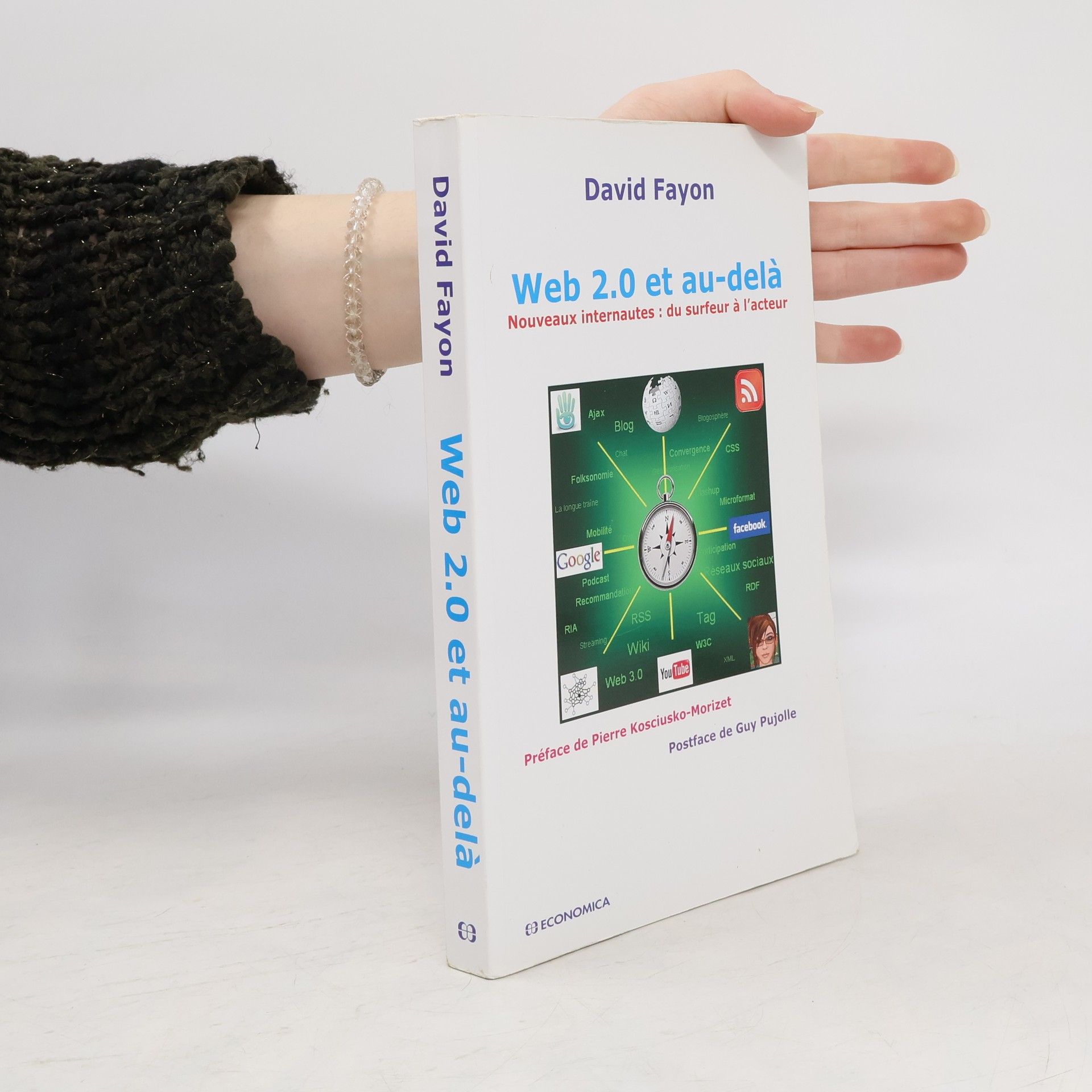En l'espace de 15 ans, les usages d'Internet ont considérablement évolué et le Web a changé nos vies. Des « champions » sont apparus, devenus incontournables tant pour le grand public que pour les professionnels : Google notamment pour la recherche d'information, Wikipédia, l'encyclopédie coopérative qu'on a le réflexe de consulter comme un dictionnaire avec la certitude de tout trouver ou presque, ou encore des réseaux sociaux comme Facebook. Le Web, désormais « 2.0 », est entré dans une phase de maturité : interactions entre les internautes participatifs tantôt consommacteurs tantôt consommauteurs. Une intelligence collective se dessine. Modes d'accès et outils (blogs, wikis, mashups, réseaux sociaux) se multiplient. Avec le modèle économique de « la longue traîne », le Web permet de proposer une offre de produits et de services infinie. Bien se positionner sur les moteurs de recherche devient crucial pour exister sur Internet. Et déjà le Web 3.0 ou « Web sémantique » pointe son nez ! Il devient indispensable de maîtriser les bouleversements de notre société, donc de tirer partie de la complémentarité entre les mondes physique et virtuel. Ce livre décrit les enjeux, donne les repères et techniques pour être acteur du Web et évoluer vers une nouvelle forme de citoyenneté. Il vous plongera dans toutes les dimensions de cette formidable toile interactive : des univers virtuels (Second Life) au Web 3D en passant par Internet et la politique. Des codes pertinents en RSS, CSS et XHTML enfin clairement exposés vous donnent les clés pour développer facilement un site tant de qualité qu'accessible afin d'améliorer votre visibilité dans les moteurs de recherche. Ce livre s'adresse à l'ensemble des internautes et à tous ceux qui souhaitent comprendre ce Web qui révolutionne en profondeur notre société. [Source : d'après la 4ème de couv.]
Guy Pujolle Bücher


Les réseaux - édition 2014
- 780 Seiten
- 28 Lesestunden
Avec plus de 100000 exemplaires vendus, Les Réseaux de Guy Pujolle s'est imposé comme la référence en langue française auprès des étudiants comme des professionnels en réseaux et télécoms. Très largement refondue et mise à jour, cette huitième édition témoigne des évolutions rapides des technologies et des usages. Alors que certaines technologies comme la téléphonie sur IP ou la 4G sont arrivées à maturité et sont largement déployées, un nouveau bouleversement s'annonce avec la remise en cause des fondements même de l'architecture IP et de ses principes de routage et de contrôle. Cette nouvelle édition consacre ainsi une place importante à l'architecture SDN (Software-Defined Networking) et au protocole OpenFlow, dont le but est de faciliter la virtualisation de réseau en déportant le calcul du routage et le contrôle hors des équipements de type routeur ou commutateur.